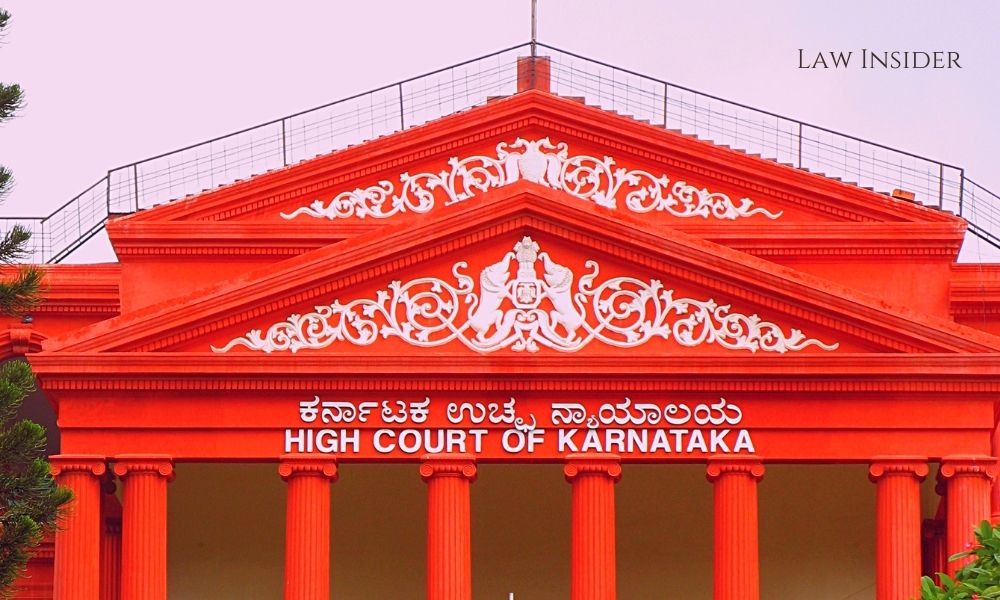LI Network
Published on: 06 September 2023 at 11:39 IST
The Karnataka High Court has ruled that no additional demand can be imposed for recovering the balance amount when a fresh assessment is prohibited. In essence, the tax paid by the taxpayer must be acknowledged as it stands.
If the tax paid exceeds the assessed tax liability based on the filed return and applicable rates, the excess should be refunded to the taxpayer.
The bench, presided over by Justice B. M. Shyam Prasad, has invalidated a demand notice issued to United Spirits (the taxpayer).
The court observed that the time for the Assessing Officer (AO) to consider the disallowance of claims related to bad debts and advances written off under Section 14A had expired as of March 31, 2017.
Consequently, the AO must review the petitioner’s refund request submitted on November 29, 2020.
United Spirits, the petitioner and taxpayer in this case, is a public limited company.
The taxpayer filed income tax returns for the years 2007–08 to 2009–10, which underwent scrutiny. Various additions were made to the returns, and the taxpayer contested these decisions before the Commissioner of Income Tax (Appeals) and the Income Tax Appellate Tribunal (ITAT). In a ruling dated March 31, 2015, the ITAT instructed the tax department to reevaluate the taxpayer’s claim regarding the disallowance of bad debts or advances written off under Section 14A, following a hearing.
Subsequently, on October 29, 2020, the taxpayer requested a refund, citing insufficient time to issue a ruling in accordance with the ITAT’s directive.
In November 2020, the government sent letters to the taxpayer seeking information to implement the ITAT’s instructions from March 31, 2015.
The tax department argued that under the provisions of Section 153, processes to implement orders and to address findings or directions still pending as of March 31, 2017, could be carried out at any time.
The court determined that due to the AO’s failure to conclude the assessment after the ITAT’s collective order within the stipulated timeframe, and with the proceedings having lapsed, the AO could not conduct a fresh evaluation of the matters reinstated by the ITAT. Consequently, the taxpayer’s declaration of bad debts/advances written off and the claim made under Section 14A of the Income Tax Act are reinstated. Consequently, the taxpayer is entitled to a refund along with interest.
Case Title: United Spirits Limited v. Assistant Commissioner Of Income-Tax

